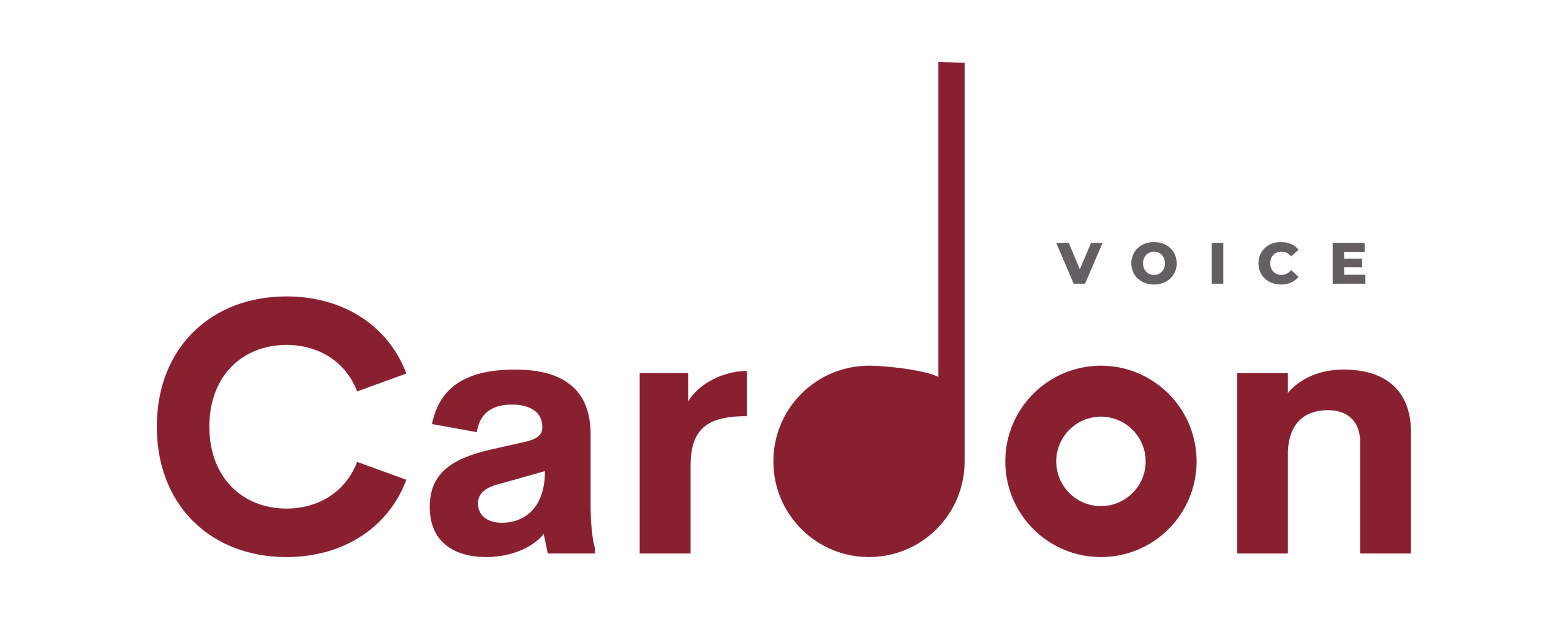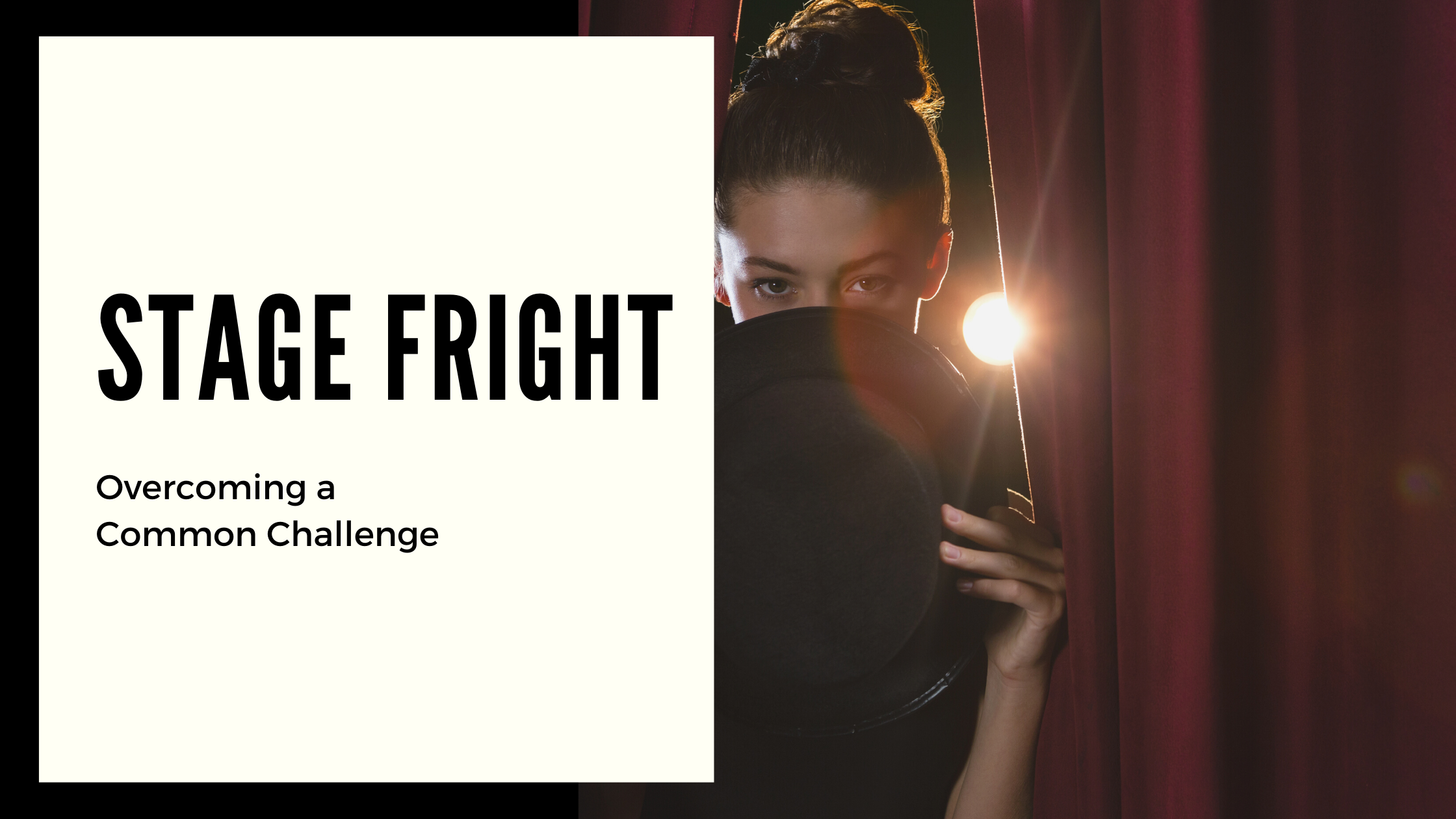Stage fright is easily the most common roadblock that keeps singers from putting their art out into the world. Even when sharing a pre-recorded video, those familiar anxieties might flare up and make a singer second guess themself! But, the fact of the matter is that this is one challenge whose best escape route is to plough right through. The most reliable way a singer can free themselves from this burden is to work it out in active practice… by performing.
Our bodies are amazing. From the intricate balances of air, pressure, and vibration that make up our voices in the first place (not to mention the complexities of our brains working through pitch, rhythm, language, and emotion all at once), to the sympathetic and parasympathetic systems which balance our physical responses to safety and danger. The sympathetic nervous system helps your body kick into overdrive when you sense danger– your heart rate rises, your breathing becomes shallow, your attention is hyper-focused and you might find it hard to concentrate on anything but your fear, or the feeling of being “on alert”. Not optimal conditions for refined, nuances music-making. Remember, of course, your instinct for fear is there for very real reasons– you might really need that fight-or-flight response someday! But, performing isn’t that danger. By exposing yourself to the “danger” of performing repeatedly, however, your system will eventually start to process the experience as safe and quit it with those pesky sympathetic responses. This is why, facing your fear head-on is such an important step, for new performers especially!
Until your mind and body have reconciled that performing is not a danger to you, a wonderful tool to apply is to consciously trigger your relaxed parasympathetic nervous system to respond. By consciously willing slower breathing– actively slowing down your inhale AND your exhale (try breathing on a slow count of 4)– your body will start to respond in kind. (Plus, this is a great model for the breath control you want to exert during your performance, so– two birds!) Your heart rate will naturally follow your respiratory rate. As your heart slows to a normal pace, you’ll likely also experience vasodilation and a lowering of your blood pressure. Remember, part of “warming up” your voice is increased blood flow to your vocal folds (by way of vasodilation), so it’s much more likely that you’ll feel vocally good if you can get your body to respond to intentional calming. By being an intelligent singer, you can take control of your instincts and effectively “hack” your natural nervous system responses so that panic no longer runs the show. This means, to a large part (though not exclusively– and perhaps not for singers who suffer clinical anxiety or other imbalances), overcoming stage fright can become a process of mind over matter. At the very least, working to support your parasympathetic nervous system response is a wonderful, safe, and often very effective first resort for those who suffer from stage fright.
Occasionally, some singers do need to lean on medicinal support for assistance controlling their anxieties (and if this is necessary for your well-being, you should absolutely talk to your doctor! no shame in that game if its what your brain needs). In these cases, the best advice is always to try the most homeopathic options first. And, be patient with yourself– sometimes these things take time and multiple attempts! Overall, it’s important to keep in mind that your vocal folds need to stay hydrated to function healthfully; unfortunately, many substances that performers might turn to for help with anxiety (including alcohol– which is best avoided when singing!– and even doctor-prescribed beta blockers) can have negative, drying effects on the voice. Depending on the intensity of singing you’re doing, dry folds can be a recipe for disaster. So, if controlling your slow breathing and giving yourself more chances to face your fears don’t help you overcome your stage fright, your doctor is the best place to seek other options that best support you as a whole person and voice user.
Wherever you are on this journey, working through performance anxiety in lessons with your teacher, and also in our relaxed group sessions among supportive peers, can be a huge step forward. We encourage you to check it out! Schedule your Free Consultation now.

